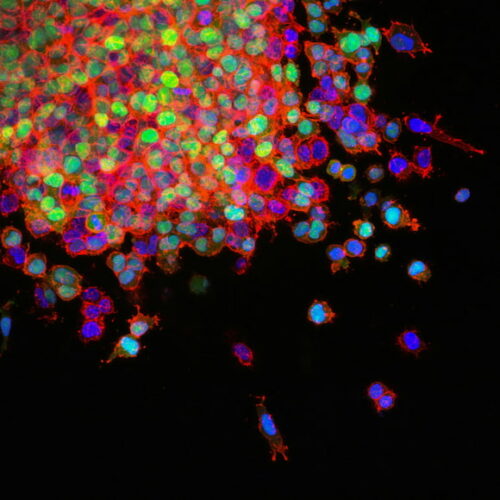
Noncommunicable Diseases Air Pollution
Global health burdens of plastics: A lifecycle assessment model from 2016 to 2040. The Lancet Planetary Health.
• Research & Reports
WHAT IS PLANETARY HEALTH?
The leading cause of death and disability across the globe each year, NCDs are rising along with the prevalence of risk factors worsened by anthropogenic changes.
Noncommunicable diseases (NCDs) are a leading cause of global mortality, responsible for approximately 41 million deaths annually, equivalent to 74% of all global deaths, making their prevention and management critical public health priorities. Global environmental changes including climate change, biodiversity loss, freshwater depletion, deforestation, overfishing, ocean acidification, soil degradation, etc. increase the prevalence and severity of NCDs.
Air pollution, primarily from fossil fuel combustion, is a significant driver of global morbidity and mortality. The Global Burden of Diseases, Injuries, and Risk Factors Study 2019 estimates that air pollution contributes to around one in six deaths annually worldwide. Long-term exposure to air pollution, especially in urban and densely populated areas, is linked to reduced lung function, asthma, and chronic obstructive pulmonary disease (COPD).
Climate change affects health through various direct and indirect mechanisms. Rising temperatures and more frequent extreme weather events—such as cyclones, floods, and storms—exacerbate health risks for individuals with chronic diseases. A systematic review of 48 studies from developed countries found that individuals with cancer, diabetes, and cardiovascular diseases faced increased risks of health complications following such disasters.
Increased heat exposure due to climate change is also associated with higher mortality rates, more emergency department visits, and increased hospital admissions for cardiovascular, respiratory, and kidney-related conditions. Additionally, climate change affects NCD risk through pathways linked to food and nutrition, further compounding the public health challenge.
Noncommunicable Diseases Air Pollution
• Research & Reports
Mental Health Noncommunicable Diseases
• Research & Reports
Noncommunicable Diseases Biodiversity Loss
• News
Infectious Diseases Noncommunicable Diseases
• Research & Reports
Noncommunicable Diseases Air Pollution
• News



